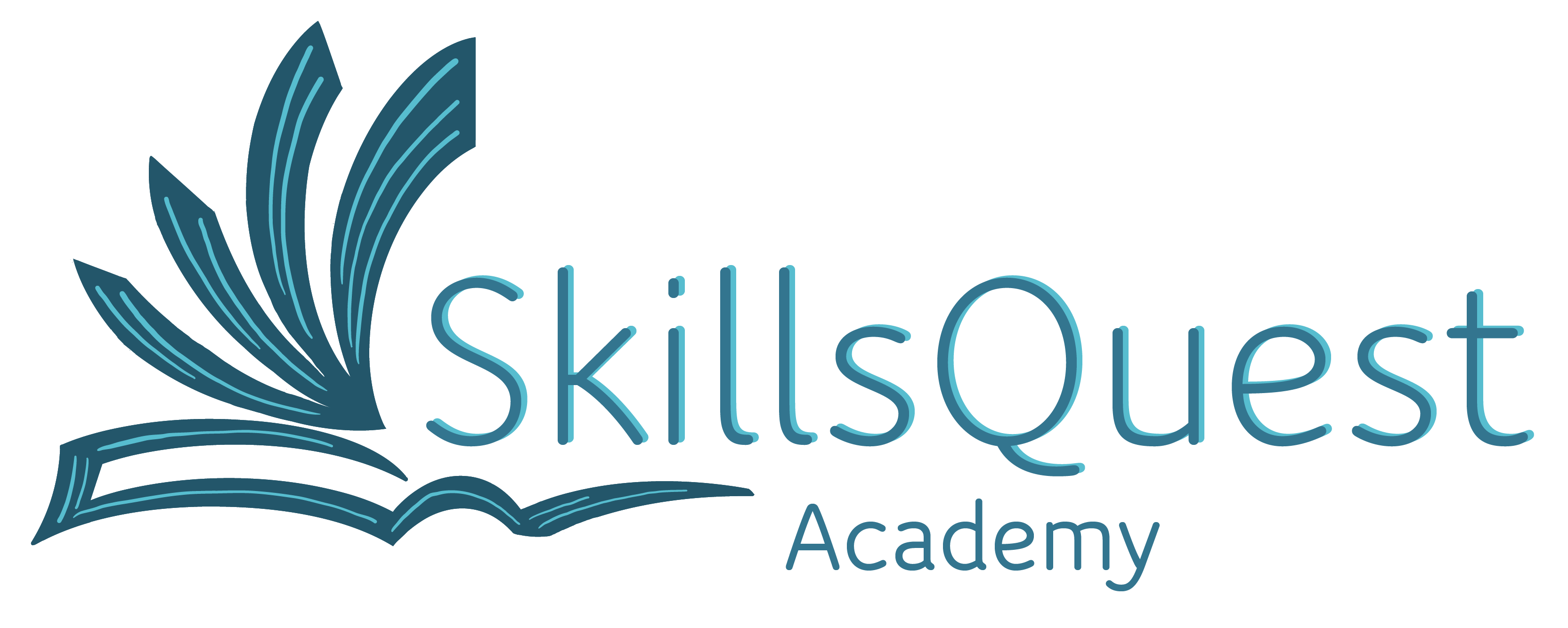Counselling Short Course
This Counselling Short Course is aimed at providing a look at the fundamentals of counselling. The course will be of much interest to those who wish to enter the profession of counselling in the private sector or who are interested in working with others.
An in-depth look at different problems the counsellor may encounter when dealing with others and a detailed overview of body language and business planning for those who are interested in entering into a private business will be provided. The course also offers the student the chance to analyse their own life and come to terms with their feelings on various subjects.
This course is thoughtfully structured into nine manageable units, each exploring key aspects of the field.
Counselling Short Course Diploma Entry Requirements:
All students must be 16 years of age and above to enter into our Counselling Short Course Diploma (Level 3).
Short Course Diploma courses require a minimum prior learning to GCSE standard in order that students can manage their studies and the assumed knowledge within course content.
Study Hours
200 hours in total. Or 20 hours per week over 10 weeks.
Assessment
Written assessment at the end of each unit of study.
Enrolment
Please note that you can enrol on this course at any time.
Progression
This Counselling Short Course Diploma course can be used to gain entry to a Level 4 Diploma or higher.
Course Content
Unit 1 – Counselling and You
This foundational unit sets the course tone, offering insights into counselling as a profession. It guides students through self-reflection and introduces sub-modules, emphasising personal development. The ‘Action Learning’ approach prompts students to assess their goals, abilities, and emotions, creating a comprehensive coaching course within the module.
Unit 2 – Essential Qualities
This module explores essential counsellor qualities, emphasising confidentiality, genuineness, unconditional regard, and empathy. It guides students through self-reflective questions to cultivate a non-judgmental attitude crucial for effective counselling.
Unit 3 – Interviewing a Client
This module guides on building strong client relationships, instilling confidence and trust, delivering quality services, and managing expectations. It covers office setup, effective questioning, summarising responses, non-verbal communication, and addressing unspoken client concerns. Key objectives include relationship building, understanding clients, fostering trust, navigating relationship phases, comprehending issues, and ensuring quality.
Unit 4 – Depression, Stress, and Suicide
This unit delves into Depression, Stress, and Suicide, emphasising the importance of recognising diverse feelings and observing signs. It separately explores signs and symptoms, offering various approaches to gather information from clients. A comprehensive understanding of symptoms equips the counsellor to grasp the client’s emotions, facilitate problem comprehension, and guide them through the resolution process.
Unit 5 – Relationships and Sexuality
This unit focuses on understanding relationships, recognising their significance in a person’s life, and addressing potential problems. It also explores sexuality, emphasizing the importance of a counsellor’s non-judgemental approach to help clients comprehend and be comfortable with their sexual expression.
Unit 6 – Death and Bereavement
This unit delves into death and bereavement, covering the stages of dying and mourning tasks. Understanding the bereavement process, including denial, anger, bargaining, depression, and acceptance, is crucial for effective counselling. The unit provides counselling principles and procedures for working with clients experiencing these challenges.
Unit 7 – Drugs, Alcohol, and Financial Problems
This module covers drugs and alcohol, detailing their descriptions and effects on individuals, including short-term and long-term impacts. It addresses support counselling for drug dependency and discusses various substances such as alcohol, inhalants, cannabis, depressants, cocaine, narcotics, and designer drugs. Additionally, the module explores financial problems, outlining counsellor objectives and assigning homework objectives to clients.
Unit 8 – Counselling Ethics
This unit provides students with the opportunity to review a professional code of ethics, facilitating discussion on any aspects they find challenging. It emphasises the importance of counsellors adhering to a stringent code of ethics when working with vulnerable individuals, offering students insights into the expectations associated with taking on such a role.
Unit 9 – Counselling Administration
This unit provides examples of various counselling sheets, including the counsellor-client contract, client session form, client basis form, client goal action form, referral letter, client session form/contract, terms and conditions, referral to another agency or service, client’s action plan/care plan, permission to release information and/or to advocate, and client feedback form. The concluding part of the full course, “Plan for Business,” serves as a comprehensive course guiding students through business planning, professional skill marketing, finance, and potential challenges, catering to those aspiring to establish their private practice.
Requirements
- All students must be 16 years of age and above to enter into our Counselling Short Course Diploma (Level 3). Short Course Diploma courses require a minimum prior learning to GCSE standard in order that students can manage their studies and the assumed knowledge within course content.







